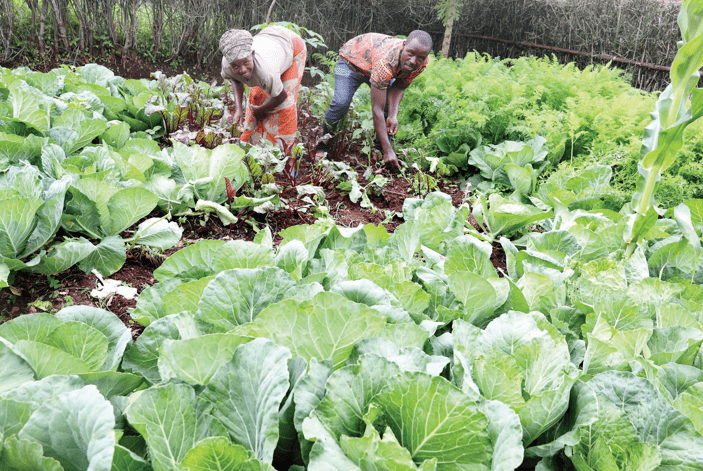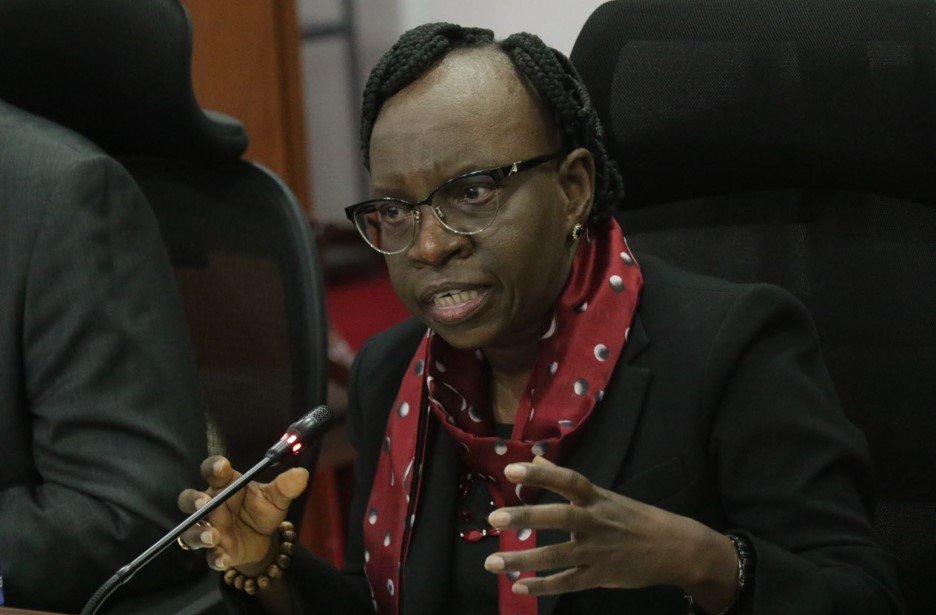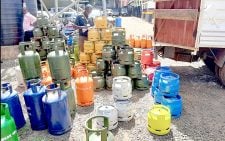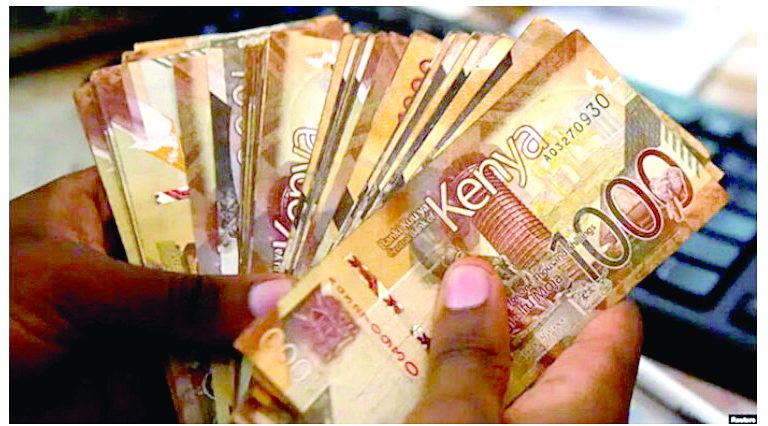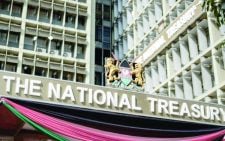Tough times for businesses as State shifts to local borrowing

The government is set to borrow up to Sh876.1 billion in the coming financial year to fund the budget deficit.
In the estimated budget presented to parliament by the National Treasury, the financial year total budget has been estimated to be Sh4.2 trillion while the total revenue projected, has been set at Sh3.3 trillion, thus the budget deficit.
Out of the total deficit, Sh591.9 billion is set to be sourced from the domestic market, a factor that is likely to further impact business in the private sector as lending to the government has always been the most viable option by commercial banks compared to lending to individual businesses.
Government securities
Treasury bills and bonds are the commonly used methods by the government to borrow domestically, and even though the interest rates, especially for the short government securities- the treasury bills, have been going down, currently at the range of 8 per cent for the 91-treasury bills, banks are more likely to lend to the government due to the guarantee of payment unlike the perception on the private sector.
“Within the private sector, you will see that many of the main sectors of the economy are experiencing the slowdown in credit, that is manufacturing, trade, building, construction, transport, communication among others,” the Parliamentary Budget Office official said on Wednesday during an in-house briefing.
In 2024, credit from commercial banks to the private sector recorded a nil growth mirrored by the slowdown in economic activities during the period, elaborated by reduced economic growth to 4.7 per cent compared to the 5.7 per cent in 2023 according to data by the Economic survey 2025.
“Credit advanced by commercial banks to national government grew by 13.9 per cent from Sh1.720 trillion as at December 2023 to Sh1.960 trillion as at end of December 2024, while credit advanced to private sector declined by 1.1 per cent to Sh4.032 trillion as at December 2024,” the report highlights. With the government planning to aggressively go into the domestic market, businesses face uncertainties over the access to credit from commercial banks.
“Growth in credit to the private sector is still low and this story starts all the way from Feb 2024 up to now and as you have seen, the dividends of the lower CBK rates are falling mostly to the government. So, the private sector still has high credit, high interest rates and that is also reflected in terms of credit uptake in the private sector,” the BPO said.
Fiscal consolidation
This together with external financing, according to the Institute of Economic Affairs (IEA) Chief executive, Kwame Owino, to impact businesses during the year because of the pressure by the government to up its fiscal consolidation game to meet the part of the conditions by the creditors. “Investment ratios have declined steadily, to 2½ percentage points of GDP below their 2019 levels alongside depressed bank credit to the private sector in H2 2024,” he said in a recent report.
In sector specific access to credit from commercial bank, the economic survey highlights that credit to the manufacturing sector dropped to Sh563.0 billion, largely due to a decline in credit from commercial banks, which fell to Sh560.6 billion, even as development finance institutions expanded their support to manufacturing projects by 19.7 per cent to Sh2.2 billion in 2024.
Loans and advances from commercial banks to the construction sector also declined from Sh602.7 billion in 2023 to Sh528.0 billion in 2024. While economists affiliated to the government back the decision to tap the domestic market, citing the decreasing interest rates on government securities, the strategy remains untenable as the private sector is likely to be crowded out.
At the same time, the government will be seeking Sh284.2 billion from the external market. Out of this amount, the budget highlights that Sh221.1 billion will be commercial loans, taking the biggest share of the external loans.
Commercial loans are more expensive when compared to concessional loans as they are characterised by the high interest rates and shorter maturities. With this the government often faces high pressure in meeting its debt obligations such as the one that the Kenya Kwanza government is currently facing.
They also pose threats to the local currency, as they are usually paid in the currency that they were extended at, hence currency volatility. .
